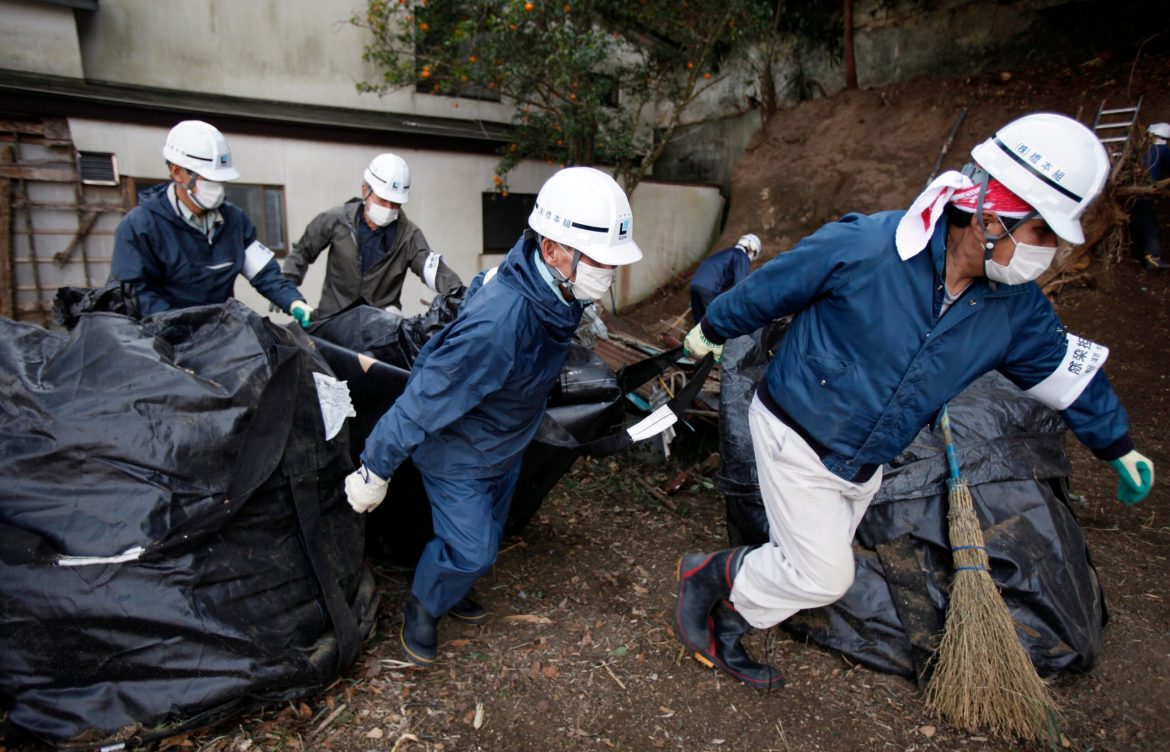
Unnatural Disaster Clean Up Safety Tips
The aftermath of a natural or unnatural disaster is a challenging and dangerous time for everyone involved. Whether it’s a hurricane, flood, or fire, the disaster clean up Los Angeles process requires careful planning, preparation, and execution. From clearing debris to repairing damaged infrastructure, there are many risks involved in disaster cleanup that can cause serious injury or even death. That’s why it’s essential to prioritize safety above all else when undertaking these tasks.
Wear protective equipment and clothing
When cleaning up after an unnatural disaster, safety should always be your top priority. Wearing protective equipment and clothing is essential to protect yourself from exposure to harmful materials and chemicals. Some protective gear you should consider wearing includes gloves, goggles, masks, and boots. Gloves are important to protect your hands from cuts, scrapes, and exposure to harmful substances.
Goggles protect your eyes from debris and dust, while masks prevent inhalation of harmful particles. Boots with non-slip soles can protect your feet from puncture wounds and slipping on wet surfaces. It is important to ensure that all protective equipment and clothing fit properly and are in good condition before starting the cleanup process.
Beware of downed power lines
When cleaning up after an unnatural disaster, such as a hurricane or tornado, it is important to beware of downed power lines. These lines can be extremely dangerous as they may still be carrying electricity. Always assume that any downed power line is live and capable of causing serious injury or death. Never attempt to touch or move a downed power line with your hands or any other object.
In addition, keep a safe distance of at least 30 feet away from the downed power line and alert authorities or the utility company immediately. Remember, electricity can travel through materials such as water and metal, so do not approach a downed power line even if it appears to be harmless. Taking caution around downed power lines is crucial in ensuring your safety during the cleanup process after an unnatural disaster.
Take precautions to prevent infections
It is imperative to practise proper hygiene in order to avoid contracting an infection while cleaning up after a man-made disaster. In the aftermath of a disaster, there may be a lot of waste and materials that have been polluted with things like sewage and mould. Wearing protective clothes, such as gloves, boots, and goggles, is one way to keep oneself safe. You should use soap and water to wash your hands frequently, especially before eating or drinking anything.
Disinfectants should be used to clean surfaces, and you should avoid touching your face or mouth after cleaning. If you have any injuries or wounds that are exposed, you should cover them with a bandage that is waterproof so that you do not expose them to potentially infectious things. When you take these preventative measures, you can lessen the likelihood of contracting an infection and maintain your safety while cleaning up after a man-made disaster.
It might be a daunting chore to clean up after an unnatural disaster, but if you follow these safety precautions, you can help guarantee that the job gets done in a way that is both safe and effective. Keep in mind that your safety should be your top priority, and to that end, you should always remember to wear the appropriate protective gear, take pauses, and seek medical assistance if necessary. In addition to this, it is essential to dispose of garbage and hazardous materials in an appropriate manner and to collaborate with professionals if this is required. By keeping these pointers in mind, you will be able to clean up after a man-made disaster while reducing the dangers posed to both yourself and others.
